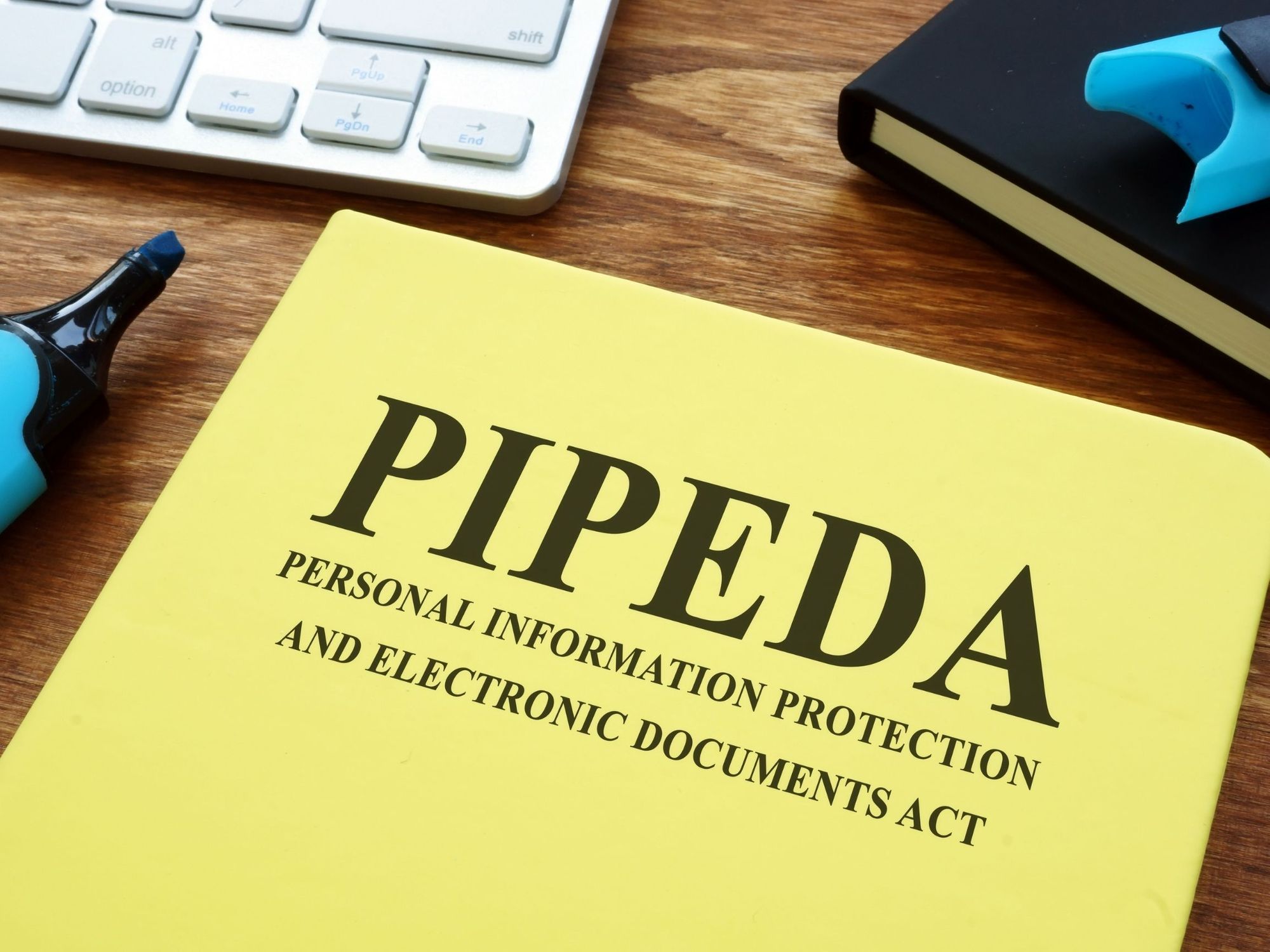Understanding PIPEDA: Essential Tips for Safeguarding Personal Information
In an era dominated by digital interactions, the protection of personal information is more critical than ever. In Canada, the Personal Information Protection and Electronic Documents Act (PIPEDA) serves as a foundational framework for safeguarding individuals' privacy rights. In this quick guide, we will decode PIPEDA, providing a concise overview of its key principles and offering insights into how individuals and organizations can protect personal information.

Understanding PIPEDA
What is PIPEDA?
PIPEDA Quick Facts, enacted in 2001, is Canada's federal privacy law that regulates the collection, use, and disclosure of personal information by private-sector organizations. The law is designed to balance individuals' right to privacy with the legitimate needs of businesses to collect and use personal information for specific purposes.

Key Principles of PIPEDA
1. Consent
Overview: Organizations must obtain an individual's consent when collecting, using, or disclosing their personal information.
Implementation: Clearly communicate the purposes for collecting information, and ensure individuals understand and agree to the use of their data.
2. Limiting Collection
Overview: Organizations should only collect personal information that is necessary for the purposes identified.
Implementation: Avoid collecting excessive information and ensure that the data collected aligns with the specified purposes.
3. Limiting Use, Disclosure, and Retention
Overview: Personal information should only be used or disclosed for the purposes for which it was collected. Organizations must retain information only as long as necessary.
Implementation: Establish policies for data usage, disclose information only for relevant purposes, and establish retention periods.
4. Accuracy
Overview: Organizations must ensure that personal information is accurate, complete, and up-to-date.
Implementation: Implement procedures for regularly updating and correcting personal information.
5. Safeguards
Overview: Organizations must protect personal information against loss, theft, unauthorized access, disclosure, copying, use, or modification.
Implementation: Implement security measures such as encryption, access controls, and employee training to safeguard personal information.
6. Openness
Overview: Organizations must be transparent about their privacy policies and practices.
Implementation: Develop and communicate a privacy policy that outlines how personal information is handled.
7. Individual Access

Overview: Individuals have the right to access their personal information held by organizations.
Implementation: Establish processes for individuals to access their information and respond to access requests promptly.
8. Challenging Compliance
Overview: Individuals have the right to challenge an organization's compliance with PIPEDA.
Implementation: Establish procedures for addressing and resolving complaints regarding privacy compliance.
PIPEDA stands for the Personal Information Protection and Electronic Documents Act. Enacted in 2000, it is a federal privacy law in Canada designed to regulate the collection, use, and disclosure of personal information by private-sector organizations. PIPEDA aims to strike a balance between the right to privacy and the need for businesses to collect and use personal information for legitimate purposes.
Historical Context and Development

The need for PIPEDA arose as a response to the growing importance of electronic transactions and the need to establish a legal framework for the protection of personal information in the digital age. Its development was influenced by the recognition that individuals should have control over their personal information and that organizations collecting such data should be accountable for its proper handling.
Scope and Applicability

1. Organizations Covered
PIPEDA applies to private-sector organizations engaged in commercial activities that collect, use, or disclose personal information during the course of their business. This includes businesses, non-profit organizations, and certain federal works, undertakings, or businesses such as telecommunications and transportation.
2. Types of Information Protected
PIPEDA protects a broad range of personal information, including but not limited to:
a. Name, address, and phone number
b. Social insurance number
c. Financial information
d. Medical records
e. Employment history
f. IP addresses and online identifiers
3. Consent
Organizations must obtain the consent of individuals before collecting, using, or disclosing their personal information.
Consent should be knowledgeable, voluntary, and based on an understanding of the purposes for which the information is being collected.
4. Purpose Limitation
Personal information can only be collected for specific, legitimate purposes, and organizations must not use or disclose it for other purposes without obtaining additional consent.
5. Accountability

Organizations are responsible for the personal information under their control and must designate an individual or individuals to oversee compliance with PIPEDA.
6. Openness
Organizations must be transparent about their privacy policies and practices, making information about their policies and procedures readily available to the public.
7. Individual Access
Individuals have the right to access their personal information held by organizations and challenge its accuracy.
8. Challenging Compliance
Individuals can challenge an organization's compliance with PIPEDA, and organizations must have procedures in place to address such complaints.
9. Safeguards
Organizations must implement safeguards to protect personal information against loss, theft, unauthorized access, disclosure, copying, use, or modification.
Protecting Personal Information: Tips for Individuals

1. Be Informed
Stay informed about the privacy policies of organizations that collect your personal information. Read and understand how your data will be used and disclosed.
2. Exercise Your Right to Consent
Only provide personal information when you are comfortable and have a clear understanding of the purpose of its collection.
3. Regularly Review Your Information
Periodically review your personal information held by organizations to ensure its accuracy and completeness.
4. Secure Your Devices

Implement strong passwords, use two-factor authentication when available, and regularly update your devices and software to enhance security.
5. Use Caution Online
Be cautious about sharing personal information online, and be aware of privacy settings on social media platforms.
Protecting Personal Information: Tips for Organizations
1. Develop Clear Privacy Policies
Craft clear and concise privacy policies that inform individuals about how their personal information will be handled.
2. Implement Robust Security Measures
Invest in security measures such as encryption, secure access controls, and employee training to protect personal information from unauthorized access.

3. Minimize Data Collection
Collect only the personal information that is necessary for the identified purposes, minimizing the risk associated with data breaches.
4. Provide Access and Correction Options
Establish processes for individuals to access their personal information and request corrections when necessary.
5. Foster a Privacy Culture
Cultivate a culture of privacy within the organization, emphasizing the importance of protecting personal information at all levels.
Conclusion
PIPEDA serves as a fundamental guide for individuals and organizations in navigating the landscape of personal information protection in Canada. By understanding and implementing the key principles of PIPEDA, individuals can take control of their privacy, and organizations can build trust with their stakeholders.
In an era where data is a valuable asset, decoding PIPEDA and prioritizing the protection of personal information are essential steps toward fostering a privacy-conscious society.



